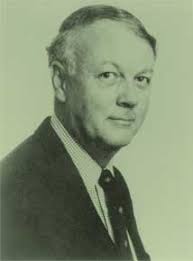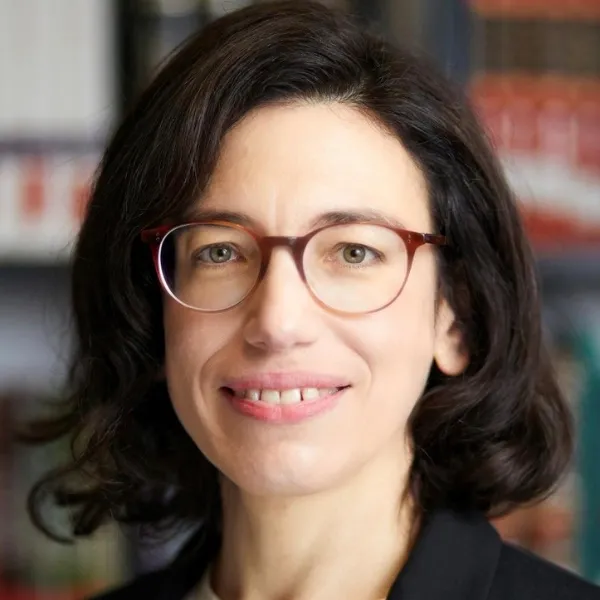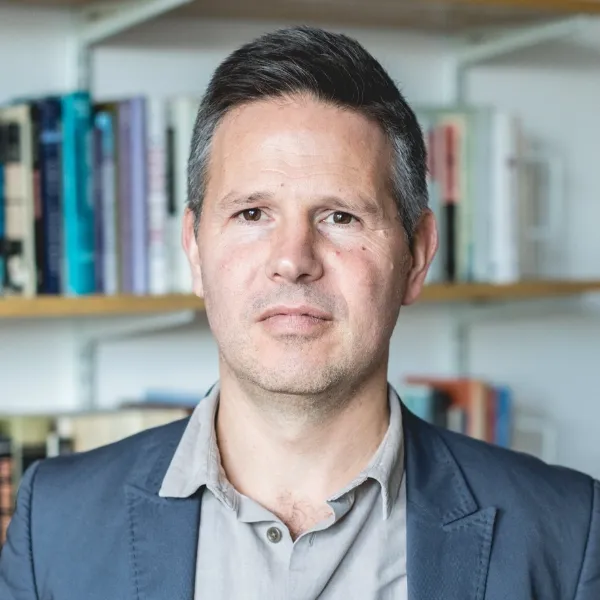Install this application on your home screen for quick and easy access when you’re on the go.
Just tap then “Add to Home Screen”
To recognise one of the most influential thinkers in international relations during the second half of the twentieth century, in 2017 ECPR instituted the Hedley Bull Prize in International Relations.
The £1,750 Prize is awarded annually for a book which makes a substantial and original contribution to theory and/or empirical studies in any field of International Relations.
Nominations for the 2026 prize are now closed.
 About Hedley Bull
About Hedley Bull This prize is named in honour of Hedley Bull (1932–1985), who left Australia to study politics at the University of Oxford, and thereafter spent time teaching and conducting research at the Australian National University, London School of Economics, and the University of Oxford, where he held the Montague Burton Chair in International Relations.
Hedley Bull's seminal contribution to the field of International Relations is widely acknowledged by scholars around the world. His book, The Anarchical Society (Columbia University Press, 1977), became a key text in the field of International Relations and is read by IR scholars and students around the world.
Nominations open: Monday 17 November 2025.
Deadline for nominations: Friday 9 January 2026.
To nominate, please use the Nomination Form which will display at the top of this page during the nomination period.
Nominations must include, as two separate PDF files:
Publishers will be contacted at the end of the nomination period by ECPR to provide hard copies of the nominated books for our jury.
Eligible nominations will be reviewed by a jury comprised of the Convenors of the ECPR Standing Group on International Relations (SGIR), Critical Peace and Conflict Studies, Human Rights and Transitional Justice, International Political Theory, and a member of the Executive Committee of ECPR as Chair.
The jury for the 2026 Hedley Bull prize is:
The winner will be announced in Summer 2026.

Associate Professor and the Director of the Security Studies Programme, University College London

Princeton University Press, 2023

Cambridge University Press, 2022
University of North Carolina

Oxford University Press, 2021


Cambridge University Press, 2020


Oxford University Press, 2018


Cambridge University Press, 2016